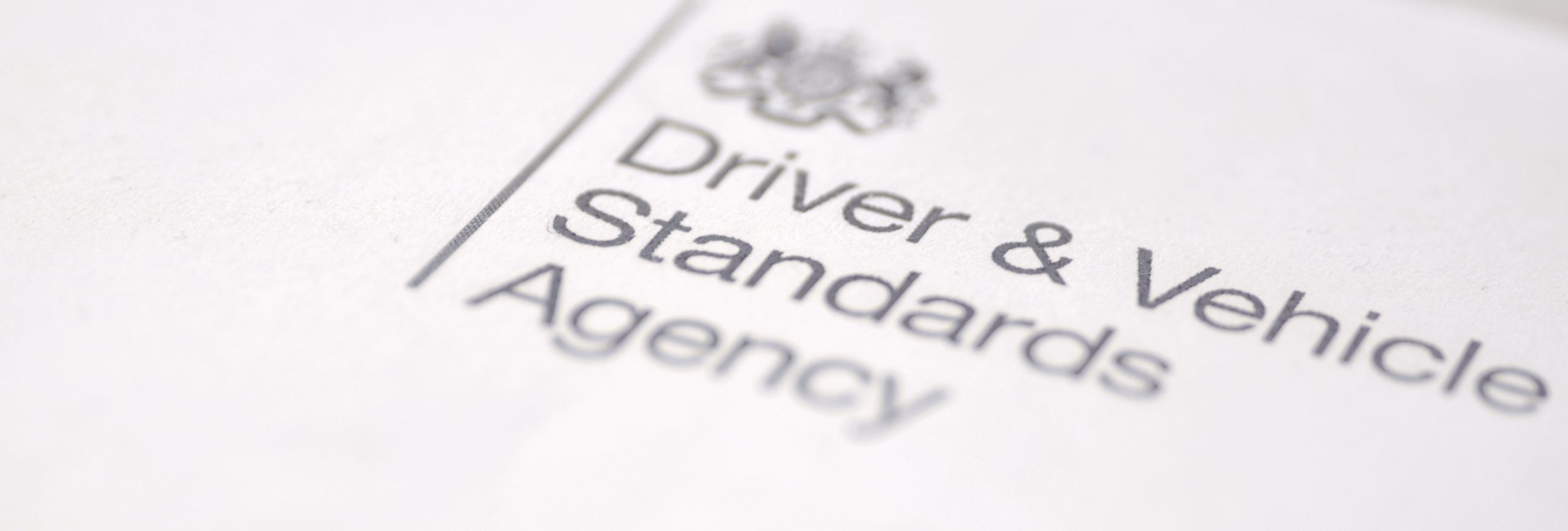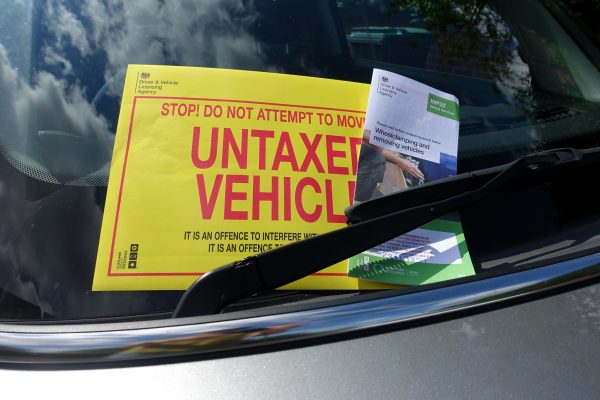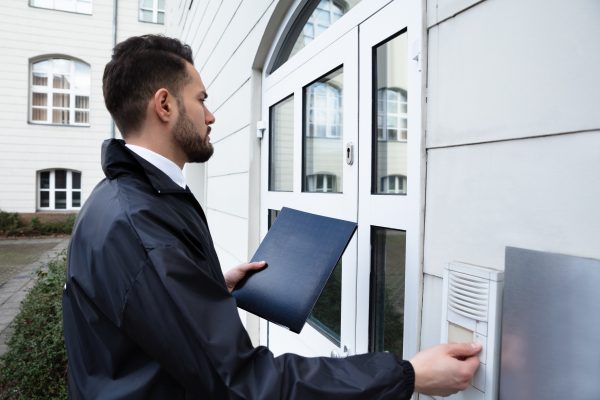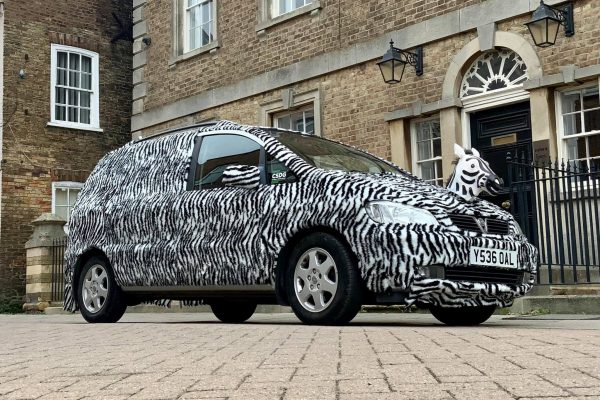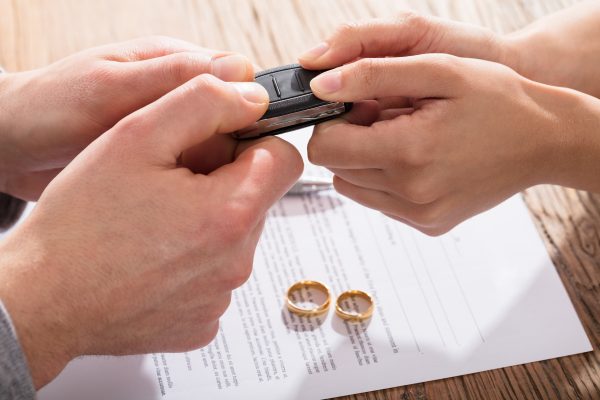Manufacturers release products into the marketplace fully expecting them to be robust and of satisfactory quality, but every so often an issue arises that means this is not the case.
There can be various reasons for issues but when, for example, something like the same component fails time and again, this can indicate there is a fault with that particular component or batch. The company’s only option is to recall all of the items that may have a safety concern and replace the weakened component at no charge to the customer.
As Arnie might say, “Bring me back.”
When it comes to vehicles, the Driver and Vehicles Licensing Agency (DVLA) holds the keeper information for every vehicle in the UK, so the manufacturers can send a letter to all keepers asking they visit their local main dealer so the safety concern may be rectified.
However, not all keepers will go through with the recall repair. Perhaps they didn’t get the letter as they have moved and did not notify the DVLA, they may not be bothered, or they may be in the process of selling the vehicle.
So, when vehicles come into our client’s possession and stock, some may have outstanding safety recalls on them.
The General Product Safety Regulations 2005 (GPSR) covers the areas of product liability and consumer protection in the United Kingdom. Its primary role is to provide a framework to ensure that consumers are protected from unsafe products and sets out the producers’ and distributors’ responsibilities.
This legislation is not specific to vehicles but covers a wide range of consumer products. Importantly, the legislation does not distinguish between new and used products, so it gives the same responsibilities to the producers and distributors in protecting the consumer.
It states the following: “The distributor shall act with due care in order to help ensure compliance with the applicable safety requirements and in particular he…shall not expose or possess for supply or offer or agree to supply, or supply, a product to any person which he knows or should have presumed, on the basis of information in his possession and as a professional, is a dangerous product.”
The Driver and Vehicle Standards Agency (DVSA) considers that this identifies a product with an outstanding safety recall should not be passed to a consumer. Producers and distributors are professionals in their field and should, therefore, be fully aware that safety recalls exist and that they can occur on any product. The DVSA believes this paragraph applies to the supply of used products in the automotive sector.

One of the largest independent specialist motor trade brokers in the UK. Our extensive history of supplying insurance to the motor trade means we understand your business needs. By partnering with a specialist insurance broker like us, you get exactly what you need to protect your business.
In other words, it is illegal to sell a motor vehicle that has an outstanding safety recall on it.
To check if there is a safety recall for a component, go to the free MOT History website at https://www.check-mot.service.gov.uk/ and enter the vehicle registration.
Next, take the vehicle to a main dealer for the recall to be rectified.
You must NOT sell a vehicle with a recall on it to a consumer, even if you tell them about it and they say they will see to it.
You can sell to another motor trader, but you should tell them that there is an outstanding safety recall, so the trail of information passes with the vehicle.
So, check every vehicle. We have had cases, where on the face of it, the trader has had a decent defence to a consumer’s request for a vehicle’s rejection. However, once the recall was checked, it became clear the dealer had sold a vehicle that was illegal to sell, and so in such instances, the advice is always to accept the rejection.
Hasta la vista, baby.

